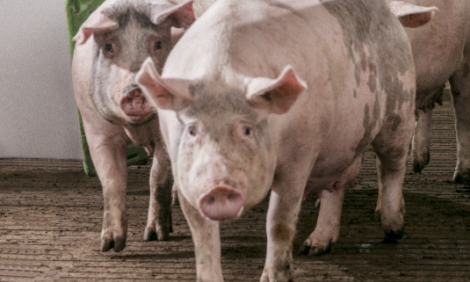



Streptococcus suis vaccine study shows promising results
The new autogenous Streptococcus suis vaccines have been used by researchers and scientists in an effort to reduce the usage of important antimicrobials.A new study has left scientists with a note of confidence in the vaccines that they had previously lacked.
“We looked at whether the vaccines could withstand a highly robust Streptococcus suis bacterial challenge,” said Dr Scott Dee, director of research at Pipestone Veterinary Services. “A vaccine was created through Boehringer Ingelheim and Newport Laboratories, and it was directed towards a specific bacteria that we were dealing with on our farms. As we vaccinated pigs, we had some non-vaccinated pigs as controls. We challenged them with the actual bacteria and measured mortality through clinical signs. So, it was a pretty robust challenge model.”
To their surprise, the researchers found the vaccines worked extremely well. It’s always better to vaccinate than to not vaccinate, regardless of whether the vaccine is given to the sows, pigs or both, noted Dr Dee.
“There was a specific strain of bacteria that was bothering several of our farms and has been an industry problem across many farms in the United States,” said Dr Dee. “The same thing was being observed by many veterinary groups, and we wanted to see if this technology would help us. And it certainly did. I was very pleased at how the vaccines worked.”
This vaccine brings producers a new tool. Alternative strategies such as vaccinations deliver immunity via the sow or the pig, protecting pigs against those diseases without the consumption of critically important antimicrobials. Reducing the need for antibiotics is a positive for the livestock industry.







